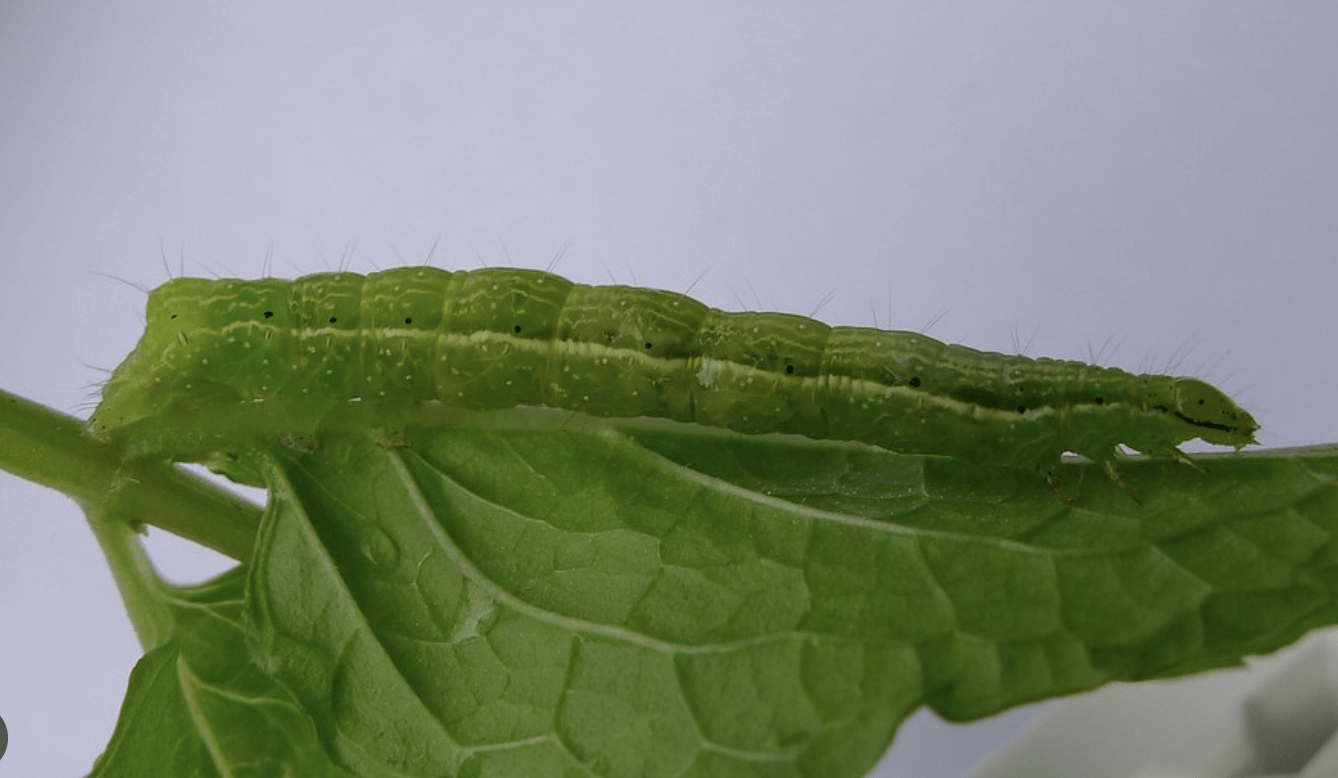THE NEW YORK TIMES – Scientists in Japan have identified a virus that selectively kills males — and it happens to be inheritable, creating generation upon generation of all females.
The discovery, made in caterpillars and described Monday in The Proceedings of the National Academies of Sciences, is “robust” evidence that “more than one virus has evolved to selectively kill male insects,” said Greg Hurst, a symbiont specialist at the University of Liverpool in England who wasn’t involved in the study.
That could one day help control populations of pest insects and disease vectors like mosquitoes.
“I expect there are a lot more cases like this that will be discovered in the near future,” said Daisuke Kageyama, a researcher at the National Agriculture and Food Research Organization in Japan and one of the study’s authors.
The virus was found by chance. Misato Terao, a research technician at Minami Kyushu University, was straightening up the campus greenhouse when she found unwelcome intruders — fat green caterpillars — nibbling on the impatiens.
She scooped them up and, on a whim, dropped them off in the lab of Yoshinori Shintani, an insect physiologist who is Minami Kyushu’s resident bug guy.
Dr. Shintani decided the caterpillars — tobacco cutworms, a ravenous pest species and scourge of Asian agriculture — might be useful to feed to other insects.
“It was almost a miracle” they didn’t end up in the trash, he said. By the time he remembered them several days later, he had about 50 adult moths, and unexpectedly, all of them were female.
On a hunch, he bred the females from the greenhouse with male tobacco moths he found fluttering around the lights in his own home.
The greenhouse moths only had daughters — and so did their daughters, and their daughters’ daughters. Over 13 generations of the moths’ descendants, only three had males …



